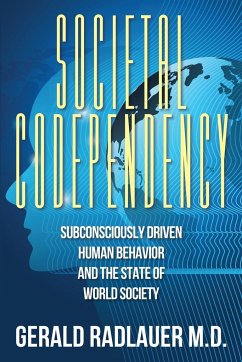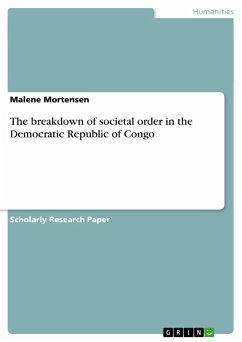What if you could better understand yourself? What if you could do one better and understand how your personal psychology affects society on a global scale? What if, because of that, you could change the world? Societal Codependency: Subconsciously Driven Human Behavior and the State of World Society points the way. When author Gerald Radlauer, MD, went on a medical mission in Kenya in 2005, he was shocked not by the poverty-which he had been expecting to witness-but by the abject poverty in the face of the country's abundance of natural resources, agreeable climate, and trillions of dollars in financial aid. As he wondered why this was, he developed a theory: colonialism and the slave trade created generational trauma that continues today. Such impoverished mindsets exist around the world, often manipulated by societal rulers to maintain the status quo: this can be called "societal codependency." Radlauer's book defines codependency, identifies characteristics of codependency on personal and societal levels, and describes the consequences of widespread societal codependent sentiment. Helpfully, Radlauer concludes with an alternative collective way of being based on expression of our individual authentic selves as an advocate for selves personally as well as the greater society at large. Both brutally honest and inspiring, Societal Codependency offers not policy solutions but perhaps something that is, ultimately, both stronger and longer lasting: world-issue solutions based on our underlying subconsciously derived thought processes and subsequent outward expression.
Hinweis: Dieser Artikel kann nur an eine deutsche Lieferadresse ausgeliefert werden.
Hinweis: Dieser Artikel kann nur an eine deutsche Lieferadresse ausgeliefert werden.








